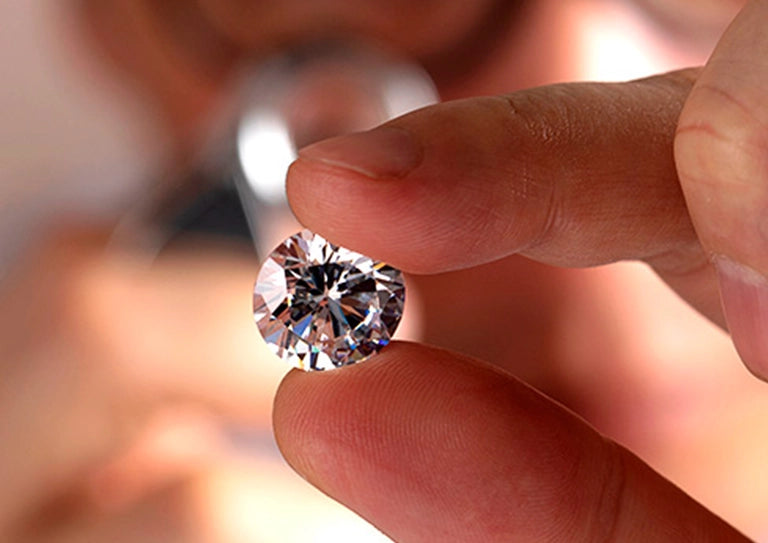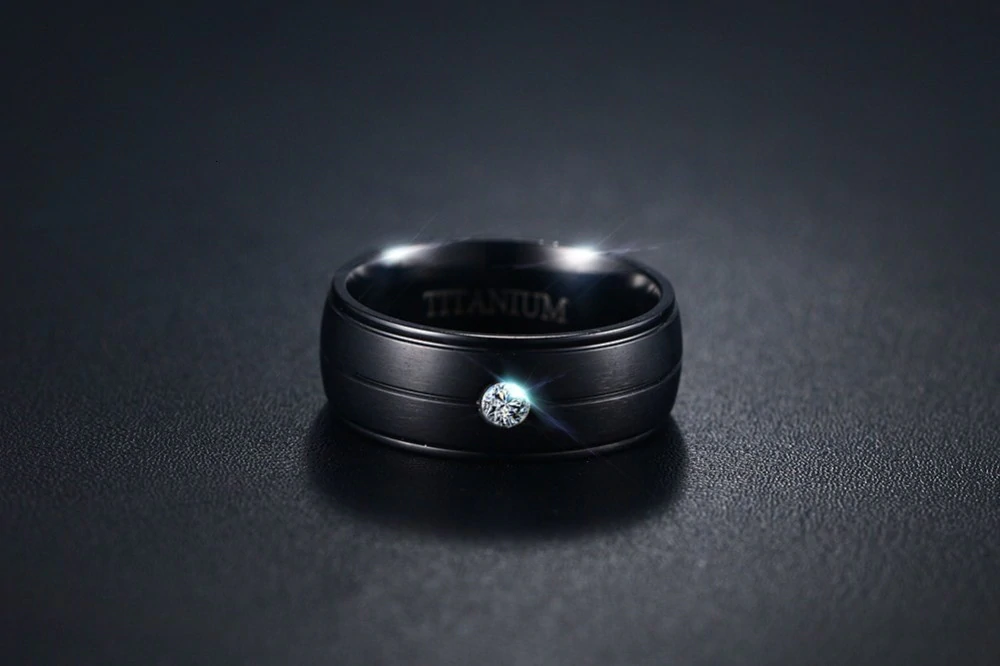In ongoing decades, the expression “what is a blood diamond” has become inseparable from ethical worries in the diamond business. Blood diamonds, also known as struggle diamonds, are valuable stones mined in war zones and offered to finance armed struggle against states. This article dives into the beginnings and implications of blood diamonds and investigates how lab-grown diamonds offer an answer for these ethical dilemmas.
Beginnings of Blood Diamonds
The expression “blood diamond” gained unmistakable quality during the late twentieth hundred years, particularly after the Sierra Leone Nationwide conflict during the 1990s. Rebel bunches in war-torn locales took advantage of diamond mining as a means to support their operations, often utilizing savagery and compulsion. These diamonds were pirated out of contention zones and sold on international markets, generating significant income for armed bunches while perpetuating human privileges abuses.
The Kimberley Cycle
In light of the developing awareness of blood diamonds, the international local area established the Kimberley Cycle Certification Plan (KPCS) in 2003. The Kimberley Interaction aims to forestall the trade of contention diamonds by requiring that diamonds be affirmed as struggle free before they can be sold. This certification includes a chain of custody, where diamonds are tracked from their starting point to the retail location.
Regardless of its aims, the Kimberley Interaction has faced criticism for its limitations. Issues like escape clauses, inadequate requirement, and the trouble of checking the beginnings of diamonds have raised worries about the adequacy of the plan in totally eradicating struggle diamonds from the market.
The Ethical Appeal of Lab-Grown Diamonds
Lab-grown diamonds, also known as engineered or refined diamonds, address a significant advancement in addressing the ethical worries associated with traditional diamond mining. These diamonds are created in controlled conditions utilizing advanced technological cycles that replicate the natural circumstances under which diamonds structure.
Lab-grown diamonds offer several advantages over mined diamonds with regards to ethical considerations:
Struggle Free Guarantee
One of the most convincing advantages of lab-grown diamonds is their innate struggle free nature. Not at all like natural diamonds, which can some of the time be connected to savagery and exploitation, lab-grown diamonds are delivered in conditions that are not affected by struggle or human privileges abuses. This guarantees that buyers can make ethical decisions without adding to the issues associated with traditional diamond mining.
Environmental Impact
The environmental impression of diamond mining can be substantial, including the disruption of biological systems, significant water usage, and large-scale land excavation. In contrast, lab diamonds have a considerably lower environmental impact. The controlled creation processes require less natural assets and generate less waste, making them a more sustainable choice.
Transparency and Traceability
Lab-grown diamonds offer greater transparency and traceability compared to their mined counterparts. Since they are delivered in controlled settings, it is easier to track their beginnings and guarantee ethical practices all through the creation cycle. This transparency helps construct purchaser trust and supports ethical utilization.
The Eventual fate of the Diamond Business
As awareness of the ethical and environmental issues associated with traditional diamond mining develops, lab-grown diamonds are poised to play an increasingly unmistakable job in the business. Their contention free status, diminished environmental impact, and transparent creation processes align with the values of current buyers who focus on ethical and sustainable decisions.
The diamond business is developing, and the rise of lab-grown diamonds addresses a positive shift towards addressing longstanding ethical worries. By picking lab-grown diamonds, purchasers can partake in the beauty and brilliance of diamonds while supporting practices that align with their values and add to an additional ethical and sustainable future.




